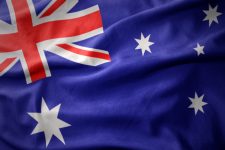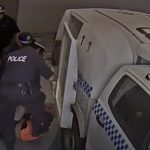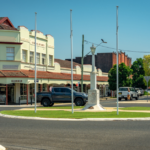UN Cancels Visit to Australia Due to Border Force Laws

A United Nations representative has postponed his trip to Australia because our government refuses to guarantee that those who speak to him about abuses in detention centres will not be prosecuted.
The UN’s Special Rapporteur on the human rights of migrants, Francois Crepeau, was scheduled to investigate the treatment of detainees and conditions in detention centres in Manus Island and Nauru.
In the lead up to the trip, Crepeau asked the government to guarantee that anyone he met during his visit would not be intimidated or risk imprisonment under the Act.
He said that the government had failed to give him that guarantee, and that:
“This threat of reprisals with persons who would want to cooperate with me on the occasion of this official visit is unacceptable.”
Crepeau said that he would not be able to carry out his investigation in accordance with UN guidelines without being able to speak freely with detention centre workers.
He further stated that the government had not agreed to give him full access to the detention centres, which was essential to enable him to undertake the investigation.
What does the law say?
As outlined in previous blogs, section 42 of the controversial Australian Border Force Act 2015 (the “Act”), which came into force earlier this year, says that ‘entrusted persons’ (which are a wide range of detention centre workers) who releases ‘protected information’ (which is any information that they receive as a result of their employment) is committing a criminal offence punishable by up to 2 years imprisonment.
An exception to this rule is contained in section 48 of the Act, which allows a person to disclose protected information if:
- They reasonably believe the disclosure is necessary to prevent or lessen a serious threat to the life or health of an individual; and
- The disclosure is for the purpose of preventing or lessening of the threat.
However, this exception does not cover a range of situations – including reporting about conditions at the centres, and reporting serious abuses that had already occurred if they are unlikely to reoccur.
Purpose of the “Visits”
Visits by the Special Rapporteur usually occur after an invitation by a member country. This normally occurs after concerns are raised about suspected human rights breaches relating to migrants, especially children.
The purpose of the visits is to investigate what is happening at ground level, with input from a range of people including workers and the people whose rights are suspected of being abused. After completing an investigation, the Special Rapporteur submits a report with recommendations designed to protect the rights of migrants.
There have already been visits to Japan, South Africa, Turkey, the United Kingdom and the United States.
The Human Rights Law Centre’s Executive Director Hugh de Kretser says that the UN’s cancellation is “unprecedented for a western liberal democracy.”
It seems that a further consequence of the much-criticised Border Force Act is to alienate Australia from the international community.






